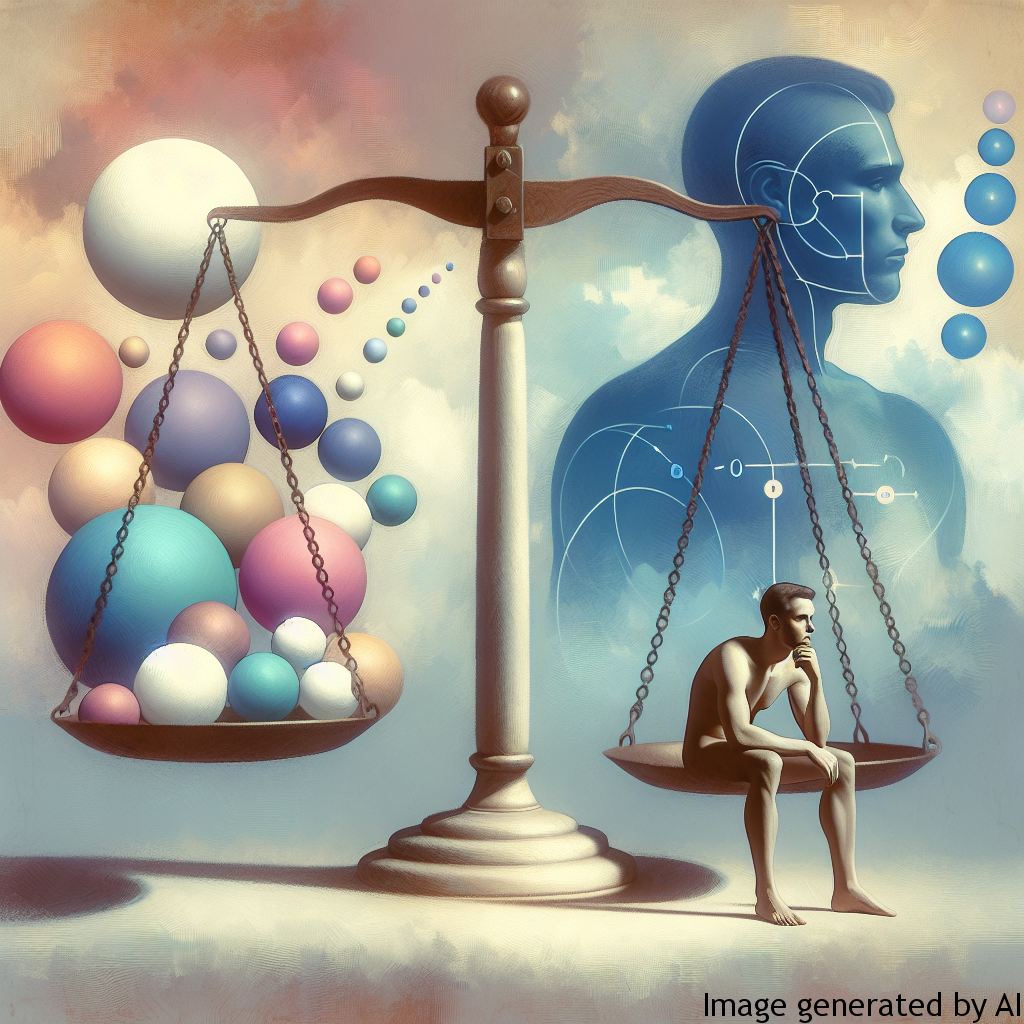Introduction
The functions of the human body are complex and intricately intertwined with hormones playing a critical role in maintaining balance. Hormonal imbalances, either excessive or deficient, can cause a range of physical and psychological issues. When discussing male sexuality, hormones, mainly testosterone, plays a crucial role, and any disruption in its balance can lead to significant consequences. This article focuses on the impact of hormonal imbalance on male sexuality, gender expectations, and ways to improve men’s psychological health considering gender roles.
The Gender Expectations and its Influence on Men’s Psychological Health
Understanding Gender Roles
Gender roles are cultural and personal: they influence how men and women should behave, speak, dress, and interact within the context of society. Gender roles, particularly masculinity, have dictated men’s behavior for centuries, many of which encircle themes of strength, dominance, and emotional endurance. Many societal and personal expectations are related to these roles, which can put a significant amount of pressure on men.
Gender Roles and Psychological Health
Hormonal imbalance can negatively impact male sexuality, leading to issues such as erectile dysfunction or reduced sex drive. Such problems often conflict with societal expectations of male sexual prowess and virility, which can lead to psychological issues like anxiety, depression, and low self-esteem.
Examples of How Gender Roles Can Influence Men’s Life
In many societies, men are expected to be the primary breadwinners, often leading to undue pressure and stress. Hormonal imbalances, affecting their physical strength and endurance, can muddle this expectation, causing psychological distress. Furthermore, problems with male sexuality due to hormonal issues can lead to strain in intimate relationships, often causing men to feel inadequate or anxious.
Tips for Improving Psychological Health with Consideration of Gender Roles
While it’s crucial to address physical symptoms of hormonal imbalance, we cannot ignore the psychological ramifications. Here are some ways to enhance psychological wellbeing, especially for men troubled by the impact of hormonal imbalance on their sexuality:
- Communication is Key: Openly discussing one’s feelings and experiences can help reduce the stigma associated with male hormonal imbalance.
- Support System: Building a robust support system, be it through friends, family, or professional counselors, can provide a safe space for men to express their fears and anxieties.
- Professional Help: Seeking help from professionals such as psychologists and endocrinologists can help address the root cause of hormonal imbalance, and provide effective treatment strategies.
- Refocus Expectations: Challenging and reframing societal gender expectations can lead to a healthier perception of self and improve overall mental health.
Conclusion
While hormonal imbalance can profoundly impact male sexuality, knowledge, communication, and professional help can facilitate the navigation of these issues. By reshaping gender expectations and focusing on overall wellbeing rather than solely on societal expectations, men can lead healthier and more fulfilling lives.

